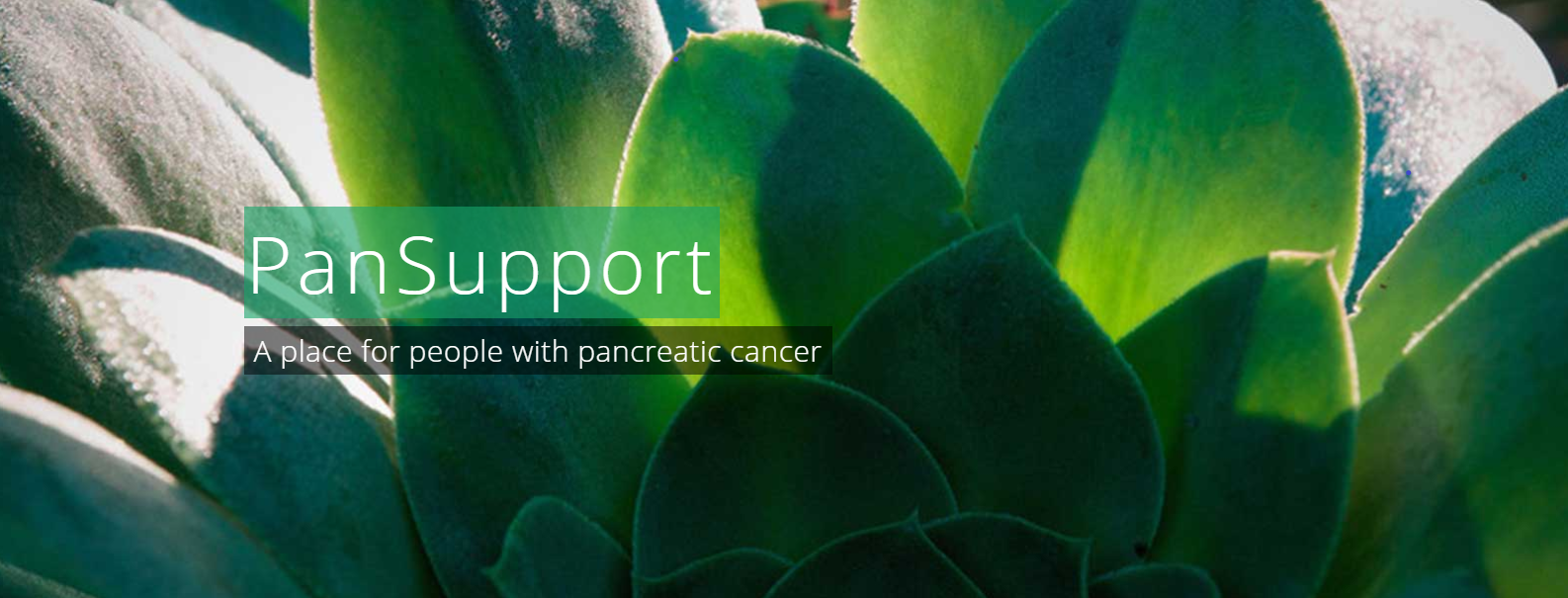PanSupport continues to provide supportive care for pancreatic cancer
Researchers at the University of Melbourne are working alongside patients and families affected by pancreatic cancer to develop a new supportive care resource, tailored specifically to their needs, to aid with symptoms, side effects and the day-to-day challenges they face.

Professor Mei Krishnasamy, and senior research officer, Catherine Devereux from the Cancer Nursing Research group, based in the University of Melbourne Centre for Cancer Research and Department of Nursing, developed the PanSupport website with patients, their families, carers and clinicians for people affected by pancreatic cancer.
Launched in May 2019, the website is a valuable source of information and support and covers physical, psychological, social, information and spiritual requirements.
The Pancare Foundation has taken on the management of the dedicated pancreatic cancer website, PanSupport, from the University of Melbourne.
Professor Krishnasamy said the legacy of PanSupport would continue to reach more Australians under the management of Pancare Foundation.
“We are proud to have developed the first Australian research-based supportive care resource with and for people affected by pancreatic cancer.”
“As the leading national advocacy group for pancreatic cancer patients and their families, I am delighted that Pancare Foundation will embed PanSupport as a key feature of their supportive care program, ensuing that the resource is available to every Australian affected by pancreatic cancer into the future.”
“PanSupport provides the advice and assistance that people affected by pancreatic cancer need, when they need it, no matter where they are. It is a safe, supportive space, acting as an ‘online companion’ from diagnosis onwards.”
Pancare Foundation CEO, Doug Hawkins, thanked the University and other collaborative partners who established the project under funding received from Cancer Australia.
“I’d like to thank University of Melbourne, key partners RMIT University and Peter MacCallum Cancer Centre, patients and carers for their commitment to establishing an online companion for the almost 4,000 Australians that will be diagnosed with pancreatic cancer this year,” he said.
“We look forward to continuing to enhance the information available on the site to help patients and their carers overcome the many challenges they experience in living with this serious illness.”
“We will continue to enhance and expand [PanSupport] to include other upper GI cancers, such as liver, stomach, biliary and oesophageal in the future, which are among some of the lowest survival cancers in Australia.”
PanSupport offers a hub of advice, resources and information to allow pancreatic cancer patients to live as well as possible. Topics include symptoms and care, accessing support groups, legal and financial advice, and looking ahead to end of life care.
The website is available at www.pansupport.org.au